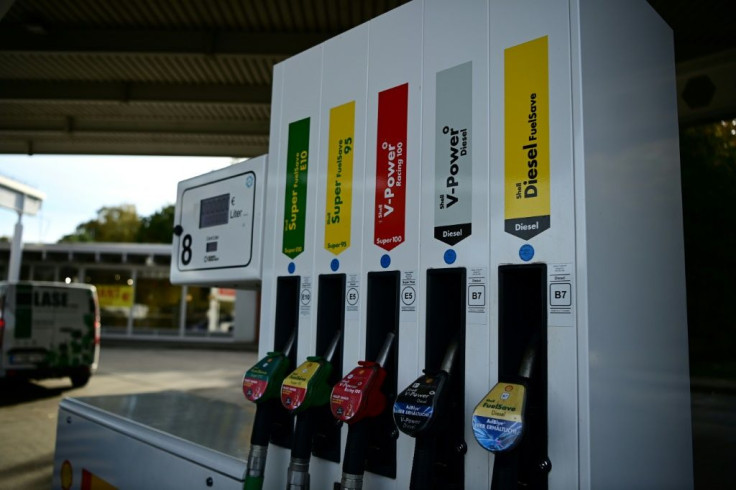Record Inflation Clouds Eurozone Growth Outlook
Eurozone inflation surged to a record rate this month as high energy prices jumped and supply woes bit, Eurostat said Friday, casting a cloud over the recovery from the coronavirus pandemic.
Year-on-year inflation hit 4.1 percent in October, more than double the European Central Bank's (ECB) target and tying the record rate last seen in July 2008, as energy prices jumped 23.5 percent, the agency said.
Overall the eurozone economy was so far maintaining its steady recovery from Covid-19 restrictions, growing at 2.2 percent in the third quarter of the year, Eurostat said.
But analysts warned that global supply problems look set to put the brakes on growth just as the eurozone was bouncing back from the pandemic-incuded downturn.
"The solid increase in eurozone GDP in the third quarter means that the recovery phase is almost complete in most of the eurozone," analysis firm Capital Economics said.
"Growth will be much slower in the final quarter as supply chain disruption, slowing global demand and some labour shortages hamper production."
The bottlenecks already appeared to be taking their toll on the eurozone's largest economy Germany, which grew by just 1.8 percent.

The increase was less then analysts had expected as German manufacturers wrestled with a lack of raw materials, including plastics, metals and paper.
But that contrasted with a strong performance from second-biggest economy, France, which expanded strongly at 3.0 percent, powered by a sharp increase in household spending and the reopening of key sectors.
Italy also beat expectations with 2.6 percent growth, while Spain underperformed at 2.0 percent.
The rise in inflation is set to pile more pressure on the ECB after it decided Thursday to maintain its massive stimulus programme and ultra-low interest rates for the moment in a bid to sustain the eurozone's recovery.
"The euro area continues to recover strongly, although momentum is moderated to some extent," ECB President Christine Lagarde said.
She said inflation in the eurozone will "last longer than originally expected" but should decline next year as energy price rises and bottlenecks ease, and said that the ECB won't hike interest rates until the medium-term inflation outlook rises above its 2.0 percent target.
Currently, the ECB expects inflation to fall back to 1.5 percent by 2023.
© Copyright AFP 2024. All rights reserved.











